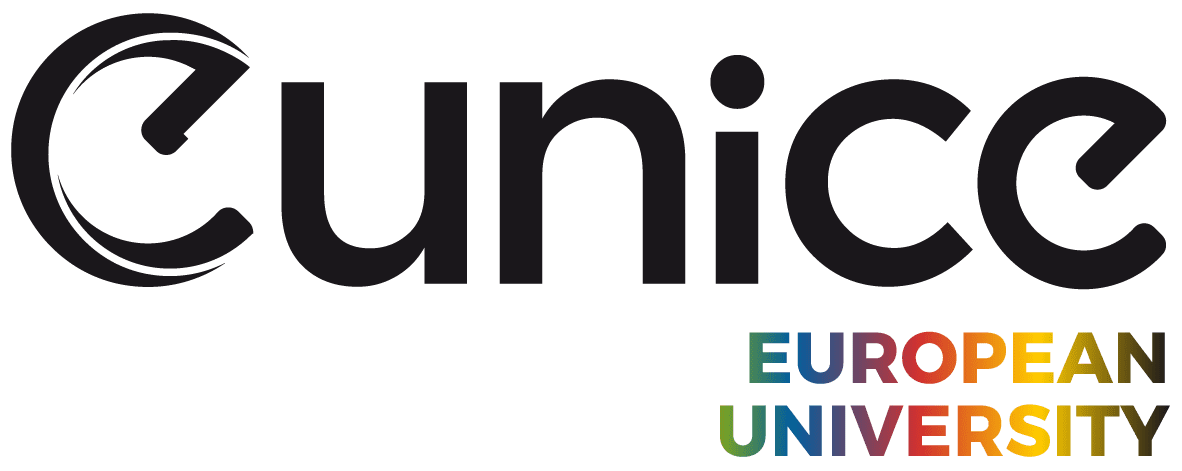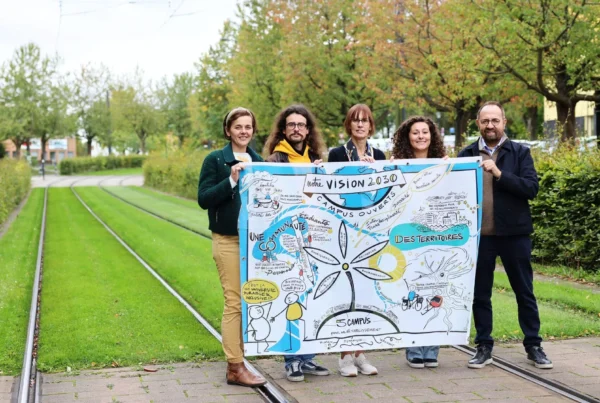A new PhD programme, society’s digital issues solving, reinforcement of the international network of innovation in science, and topical health problems management: IPV shows its commitment with social concerns during the ‘Science and Technology Week’ celebrated in Portugal
Polytechnic Institute of Viseu (IPV, Portugal) organised the event Café Ciência: IPV’s Scientific Research for the World on the occasion of the Science and Technology Week held throughout Portugal. During Café Ciência: IPV’s Scientific Research for the World, four research centres of IPV shared their accomplishments with the community, which are related to new academic training offer on sustainable agronomy, on society’s issues in diverse digital areas, on the need for stronger international ties in science and innovation, and on well-being and health management.
The Centre for the Study of Resources, Environment, and Society (CERNAS) has focused on primary areas, such as “the production of resources from the earth, preservation of the environment and its impacts.” This encompasses diverse fields from forestry to nutrition, as explained by Raquel Guiné, Coordinator of the CERNAS-IPV Management Unit. One of the recent achievements of Portuguese polytechnic institutions has been the possibility of offering Ph.D. programmes. Based on that, CERNAS is preparing a Ph.D. programme in Agrofood and Environment Sustainability. It will last three years and comprise 180 ECTS credits, and it is a collaborative effort together with the Polytechnic Universities of Coimbra, Castelo Branco and Santarém. It adopts a transversal and interdisciplinary approach, fundamental to the development of the rural world, which is at the heart of the work of the CERNAS Research Centre.
Agri-food and environmental sustainability require top-level professionals capable of supporting rural development in regions facing climate and socio-economic change. To address challenges like depopulation, loss of income and global ecological dereliction, new solutions are required, hence the need for training of individuals with expertise to analyse the status quo, formulate a sustainable development vision specific to each rural region and design strategies to counter negative trends. José Luis Abrantes, coordinator of the Digital Services Research Centre, highlighted the centre’s focus on solving society’s issues in digital services, a topic that cuts across many areas. The Digital Services Research Centre has more than 50 researchers from the fields of management, tourism, environment, electronics and many more. The centre aims “to explore new paths in digital services” and, above all, “serve the business community.” At Digital Services Research Centre, with digital as the “guiding thread,” the main challenges are the “preservation of intellectual identity,” copyright, the concept of open science and new doctorates in industry, the creation of study cycles that effectively “help industry to grow.”
Antonino Pereira, the coordinator of the Center for Studies in Education and Innovation, outlined the centre’s emphasis on innovation in science. Functioning as a network centre with over a hundred members, around 70 of them in the Viseu region, the Center for Studies in Education and Innovation collaborates on 20 international projects that involve the Polytechnic Institutes of Viseu, Guarda, Leiria, Coimbra and Viana do Castelo. Antonino Pereira believes that the innovation of these projects “is only possible in a network and from a multidisciplinary perspective.”
The coordinator of the Health Sciences Research Unit: Nursing, Manuela Maria Ferreira, explained that the main objective of this unit is to address “complex health problems,” with pain management, nursing care, patient safety and technology innovation being some of the various areas of research. This Research Unit has health education and training, well-being, health and illness, and health management as its three main lines of research.
Overall, the four research centres integrated into the Polytechnic Institute of Viseu contribute significantly to research development within IPV and play a vital role in supporting business and regional growth. During the event, links to EUNICE were discussed and collaborations were addressed.





